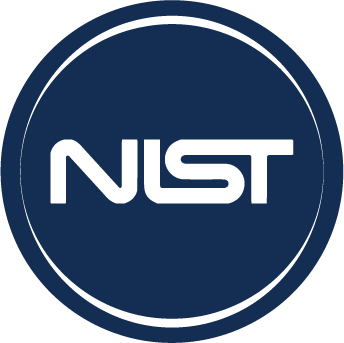
Canada AIDA AI and Data Act: A New Era of Responsible AI Governance
Canada AI Act will be the first federal law in Canada if approved to supervise the creation, development, and implementation of AI systems.
As artificial intelligence (AI) becomes a more and more essential part of our lives, determining how we work, make decisions, and use services, nearly all the governments in the world are trying to keep pace with this dynamic area of technology and ensure that it is used responsibly. In this line, the introduction of the Canada AI and Data Act (AIDA) with Bill C-27 in Canada in June 2022 is a case in point. Canada AI Act will be the first federal law in Canada if approved to supervise the creation, development, and implementation of AI systems that in the main are very likely to present high risks to individuals and society.
Purpose and Scope of AIDA
Canada AIDA is aimed to govern international and interprovincial AI activities in order that AI systems can be efficiently and sustainably created. The legislation refers to systems that use data to provide automated predictions, recommendations, or decisions as the main focus. The law concentrates its attention on those systems that are the source of the highest amount of the health, safety, rights, and economic well-being risks with the help of the risk-based approach but not all AI systems are regulated in the same way.
AIDA does this by introducing one that targets the most harmful risks via “high-impact” the last of the four key words of the phrase is missed, it should be added here through the 4 words in the phrase like “high-impact foreign harm” for example this noun would be an appropriate one. risks and without addressing the ones that are less risky
It is to be noted, that while Canada AIDA includes private sector organizations, it does not involve public bodies or entities that are subject to federal laws for a certain sector such as banking or telecommunications (the possibility of those being
Key Features of AIDA
1. Risk-Based Classification
Canada AIDA introduces the idea of “high-impact AI systems” without explaining them fully and leaving the full definition and categorization of these systems for the succeeding regulations. Initial directions suggest that the systems that have an impact on employment decisions, financial access, medical diagnostics, or legal entitlements should be labeled as high-impact.
2. Governance Obligations for AI Actors
Organizations that develop, manage, or make AI systems available for use must:
- Assess and mitigate risks related to harm or biased output.
- Implement measures to monitor AI systems throughout their life cycle.
- Maintain detailed records of development processes, training data, and system behavior.
Ensure systems are tested for accuracy, safety, and fairness.
3. Transparency Requirements
The developers and users of high-impact AI systems must provide explanations that are clear and understandable to users about how the system works and the way it can influence them.This includes:
- Informing individuals when they are interacting with an AI system.
- Disclosing decisions or recommendations made by the AI that may impact individual rights or opportunities.
4. Independent Oversight and Enforcement
The Canada AI regulation proposes the appointment of a Minister of Innovation, Science, and Industry to oversee compliance. The Minister will be empowered to:
- Request records and audit AI systems.
- Order corrective actions.
- Share information with other regulators, such as the Privacy Commissioner.
In cases of serious non-compliance, administrative monetary penalties can be imposed, and in severe cases, organizations could face criminal charges, including fines and imprisonment.
Implications for Canadian Businesses
Canada AIDA introduces significant new responsibilities for businesses engaged in AI development or deployment. These obligations go beyond privacy compliance and require a proactive risk management strategy tailored to AI life cycles. Companies will need to adopt ethical-by-design frameworks, build internal audit mechanisms, and ensure transparency to avoid regulatory and reputational risks.
Moreover, because Canada AIDA operates alongside privacy reforms under the Consumer Privacy Protection Act (CPPA), businesses must take an integrated approach to AI governance, data ethics, and compliance.
Challenges and Criticism
While AIDA has been praised for initiating a regulatory foundation, critics argue that the legislation:
- Lacks clarity on what qualifies as “high-impact” systems.
- Grants broad ministerial discretion without sufficient checks and balances.
- Fails to establish an independent AI oversight body, relying instead on a government minister.
- Provides limited provisions for public consultation or redress mechanisms.
Stakeholders have called for greater transparency, public engagement, and more robust protections for marginalized communities likely to be disproportionately affected by AI harms.
Conclusion
In Canada, the Canada Artificial Intelligence and Data Act is viewed as a groundbreaking law that provides the first step towards building a trustworthy and accountable AI ecosystem. Although it is still being revised, Canada Artificial Intelligence and Data Act is still instrumental in paving the way for the implementation of human rights, fairness, and safety as the main criteria for the regulation of high-risk AI.
To enterprises and developers, it is a clear signal for them to infuse responsible AI practices at every stage of their innovations. As Canada is working towards the finalization and enactment of the Canada AIDA, sustained participation from civil society, industry, and technical experts is absolutely a key factor to make the law an effective and fair one.




